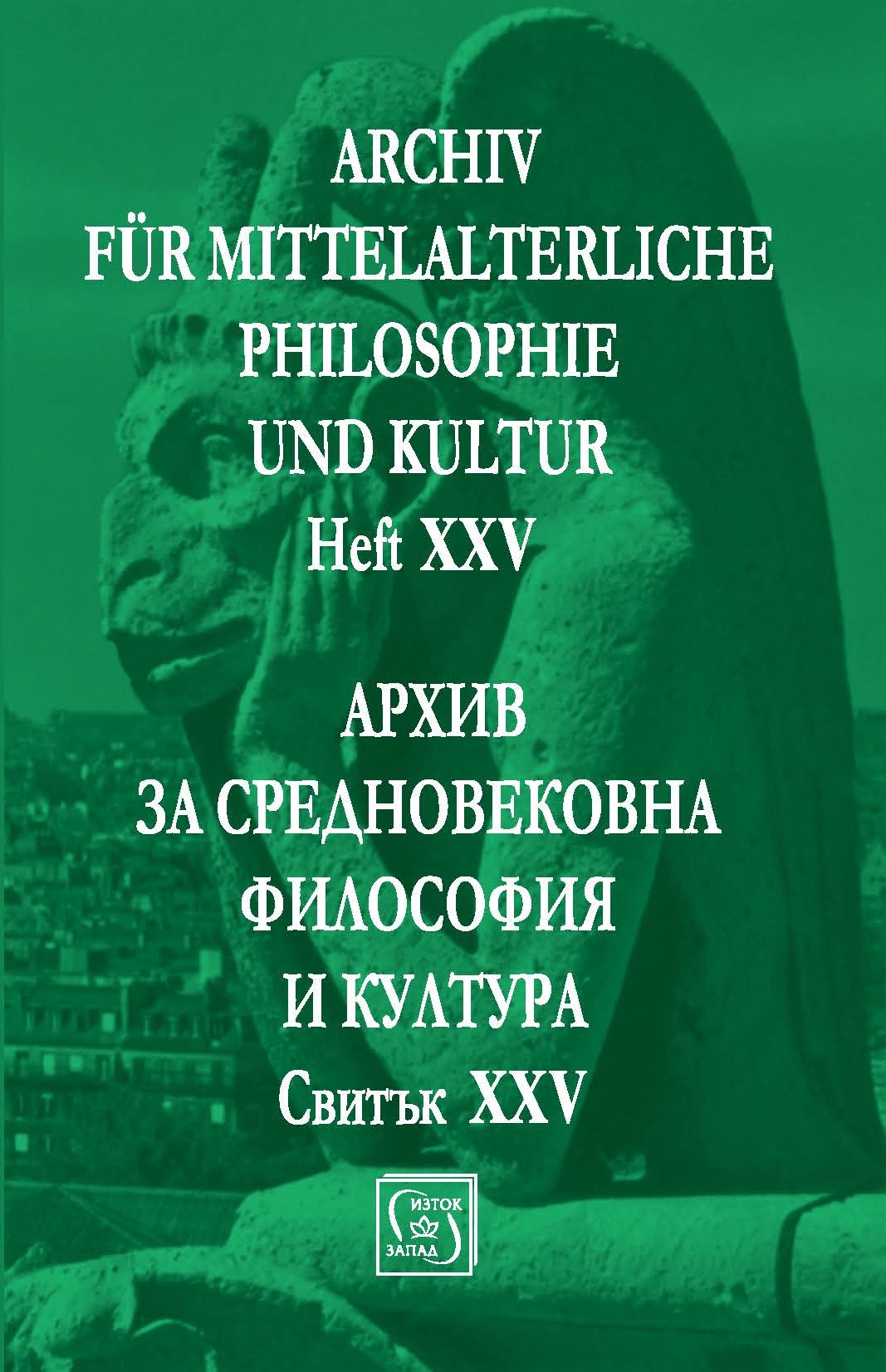Anselm of Canterbury and Pseudo-Dionysius the Areopagite: A Possible Dialogue
Anselm of Canterbury and Pseudo-Dionysius the Areopagite: A Possible Dialogue
Author(s): Vasilen VasilevSubject(s): Christian Theology and Religion, Philosophy, History of Philosophy, Theology and Religion, Philosophy of Middle Ages
Published by: Издателство »Изток-Запад«
Keywords: Anselm of Canterbury; Pseudo-Dionysius the Areopagite; approximation; knowledge; God, ontotheology; participation;
Summary/Abstract: The main thesis that I will defend in the following text is that there are certain implications for a possible approximation between Anselm of Canterbury and Pseudo-Dionysius, which extends beyond mere analogy and indicates some quite important common aspects of their thought. It must be noted that with this claim I do not by any means presuppose that Anselm somehow has read Pseudo-Dionysius or heard of him, which would be historically inaccurate. As opposed to that, I will examine the possible presence of such “counterfactual” connection or approximation exclusively in regard to how we know God and by what standards this knowledge is rendered meaningful. I will argue further that for Anselm and Pseudo-Dionysius the Divine Love is the ultimate condition of possibility of knowledge and being. Therewith, I argue that for both Christian thinkers the communion with God is the highest goal of knowledge rendering the latter itself a personal act of love rather than a mere intellectual activity. From this I conclude that they provide us with a dynamic understanding of the knowledge of God. Having that said, the effort of my text is to display that, at least, in the case of Anselm of Canterbury and Pseudo-Dionysius the Areopagite, Christian philosophy should not be placed entirely on the same footing as ontotheology.
Journal: Архив за средновековна философия и култура
- Issue Year: 2019
- Issue No: 25
- Page Range: 53-70
- Page Count: 18
- Language: Bulgarian
- Content File-PDF

